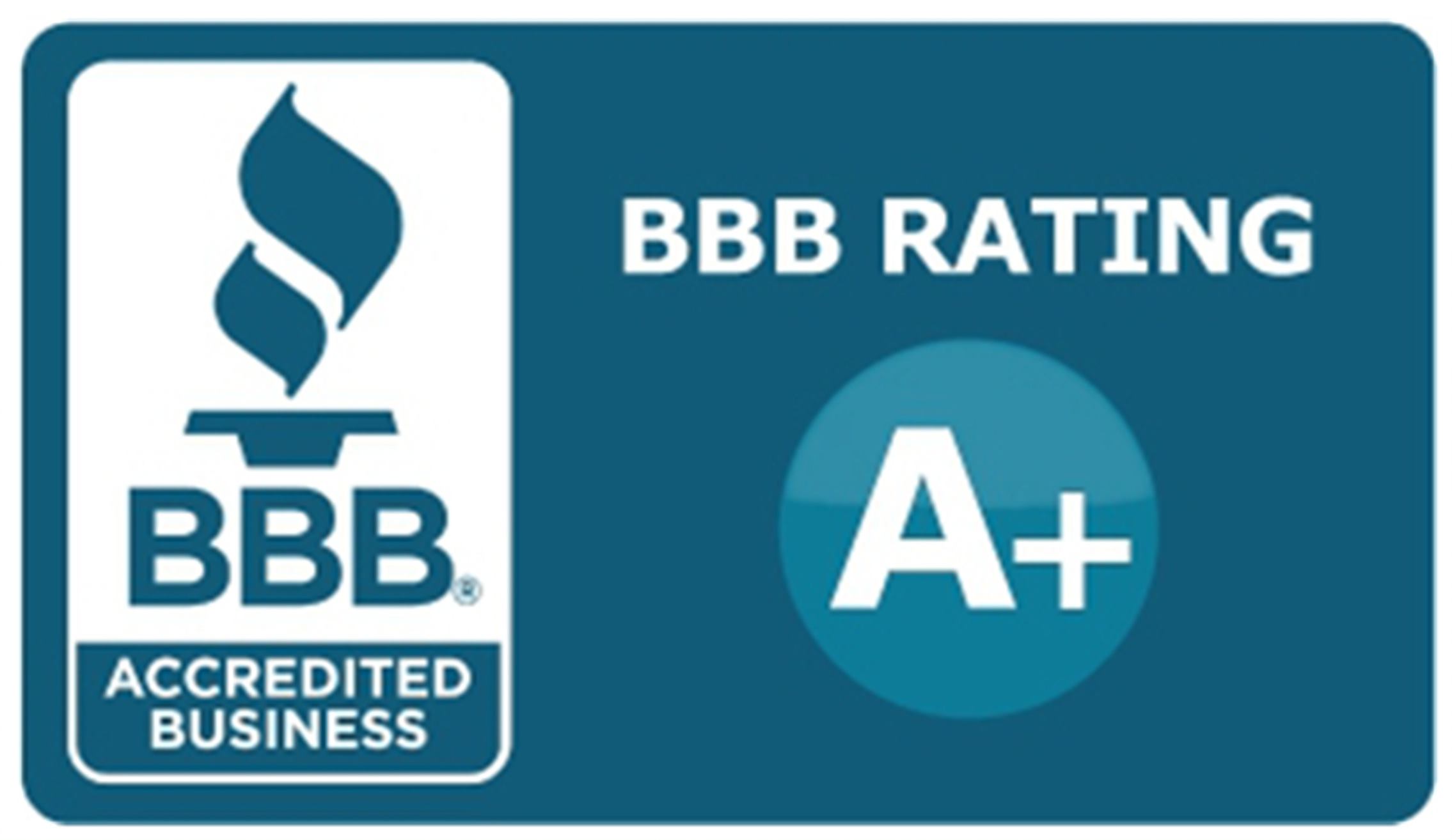US Latina moms are the nucleus of most Hispanic households. They are the decision makers, primary caregivers for their children, and the ones who bring order in the family.* Regarding themselves as influencers of family food planning, the Hispanic mothers’ family is actually the main influence of household eating habits and as a result, most cooked meals appeal to all of the members of the family, especially the children** (who Latina matriarchs hope will have a life full of opportunities and health coupled with an exceptional education). Noticeably, Latina moms, as with other women in the United States, are increasing as primary providers for their families. With 4 in 10 households in the country recognizing a mother as a the sole or main provider for the family, Latina moms are also earning a median income of $23,000 to provide for their households*** and simultaneously breaking away from traditions and stereotypes of Latina mothers as the “stay-at-home” types.
LATINA MOMS FIGHT AGAINST TRADITIONAL STEREOTYPES
 Generally defined as being responsible for all domestic duties and most notably the care of children, the most common Latina stereotype is known as Marianismo,**** which portrays Latin women as submissive and dependent housekeepers or housewives. Along with marianismo, the Maria Paradox is a stereotype commonly instilled in the national subconscious of American citizens that characterizes Latin women as being an uneducated domestic provider or someone with a modest job such as a food clerk or a maid.****
Generally defined as being responsible for all domestic duties and most notably the care of children, the most common Latina stereotype is known as Marianismo,**** which portrays Latin women as submissive and dependent housekeepers or housewives. Along with marianismo, the Maria Paradox is a stereotype commonly instilled in the national subconscious of American citizens that characterizes Latin women as being an uneducated domestic provider or someone with a modest job such as a food clerk or a maid.****
The stereotype stems from how Latin males are rooted in Hispanic culture, depicted as commanding, virile, and independent while Latina women have been inhibited from being considered as equal counterparts to male Latinos. Being able to change this thinking towards Latina moms often depends on how acculturated US Hispanic families are in today’s society.**** With more Latina moms becoming acculturated within American culture more Hispanic mothers have wanted to drift away from these stereotypes, which, in some cases, has also led to increased frustration with other Latina moms who are living in households where the stereotypical behavior has been implemented. However, as more time passes, the likelihood that these stereotypes will diminish increases.
THE CHANGING PRIMARY RESPONSIBILITIES OF THE US LATINA MOM
 Traditional belief in Latin culture states that the woman’s primary responsibility is to be a mother and to create close circles with extended family and church relationships. Acting within this tradition, Latina moms define themselves through their children and their family rather than independently or as a unit with their spouse. This common self-perception, however, is also beginning to change both through acculturation and the desire to overthrow old stereotypes.
Traditional belief in Latin culture states that the woman’s primary responsibility is to be a mother and to create close circles with extended family and church relationships. Acting within this tradition, Latina moms define themselves through their children and their family rather than independently or as a unit with their spouse. This common self-perception, however, is also beginning to change both through acculturation and the desire to overthrow old stereotypes.
An example of Latina moms wanting to steer away from stereotypes can be seen in their reactions to Sofia Vergara’s portrayal of her character Gloria in Modern Family. In many circles, this depiction has stirred up mixed feelings amongst Latina women who argue that her character is a representation of the negative stereotype they are trying to overcome.***** This belief lies in the possibility that others can generalize her portrayal of the character and potentially infer Hispanic moms are loud, obnoxious, controlling, overly sexy, and the idea that maids are vital in the life of a Latina. Although the actress defends her character stating that she represents some Latin women rather than all of them, there is still a concern amongst US Latina Moms that younger Hispanic girls, including their daughters, may be negatively influenced by her portrayal as a role model.*****
THE LEVELS OF ACCULTURATION OF THE LATINA MOM
As Hispanic mothers manage to maintain the traditions they were raised with, they also will at times view the same customs as part of a tug of war between their culture and the American culture.****** While some acculturation may involve turning away from what is traditionally expected of them, they seek to maintain family related traditions the most and work to be able to always have dinner with their families and at least once a week gatherings with extended family. However, even as food and language remain crucial to staying connected with their culture, acculturated Hispanic moms will combine these aspectes of their heritage culture with American culture, that includes faster and easier food preparation and an increase in English language preference.*****
 Often times, the level of acculturation of a Latina matriarch is reflected in the involvement they have in their child’s school environment as certain studies have shown that moms with higher levels of acculturation with US society are more involved in their children’s school activities.******* This in large part is a result of Hispanic Moms with lower levels of acculturation displaying stronger likelihoods to be more socially isolated or not have as strong of an understanding of the English language. The difficulty created by vocabulary differences often creates limitations in communications and as a result limitations in their involvement of their child’s education.
Often times, the level of acculturation of a Latina matriarch is reflected in the involvement they have in their child’s school environment as certain studies have shown that moms with higher levels of acculturation with US society are more involved in their children’s school activities.******* This in large part is a result of Hispanic Moms with lower levels of acculturation displaying stronger likelihoods to be more socially isolated or not have as strong of an understanding of the English language. The difficulty created by vocabulary differences often creates limitations in communications and as a result limitations in their involvement of their child’s education.
This social isolation often occurs with Latina moms who are unemployed who will also take longer to acculturate to the American culture. In large part, this is due to the fact that they stay home more than their employed counterparts who integrate at a quicker pace. However, this percentage of Latina moms is also expected to decrease as Latinas are increasing in the workforce and lobbying for equality to speed up the process for all females. These employed Latina Moms assist in providing for themselves and their family**** while expectedly, financial spousal support is more readily available for less acculturated Hispanic mothers.*******
Our Infographic on the Family Role of Latina Moms
*Nielsen, Fronteras.desk.org, “Latina Power Shift”
**Spanglishbaby.com, “What Two Recent Studies Reveal About Latina Moms: We Love Our Culture”, by Roxanna Soto, Feb 6 2011
***Nytimes.com, “US Women on the Rise as Primary Breadwinner”. May 2013
****Brown_issue_brief, “Issue Brief: Latino Women and Gender Issues” by Thomas Brown
*****Huffingtonpost.com, “Sofia Vergara: Is She Taking the Latina Stereotype Too Far?”, March 2012
******Beinglatino.us, “Understanding the Maria Paradox”, April 2012
*******Jsri.msu.edu, “Latina Mother’s Involvement in their Children’s Schooling: The Role of Maternal Education and Acculturation”, by Robert Moreno









